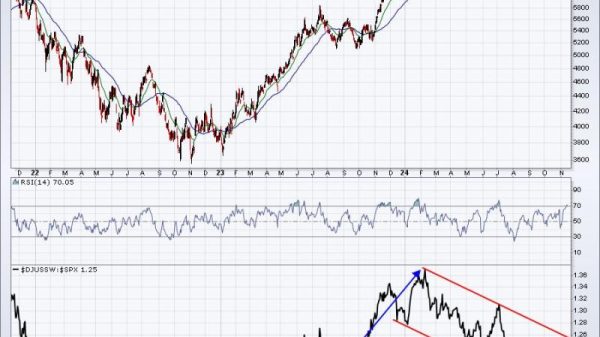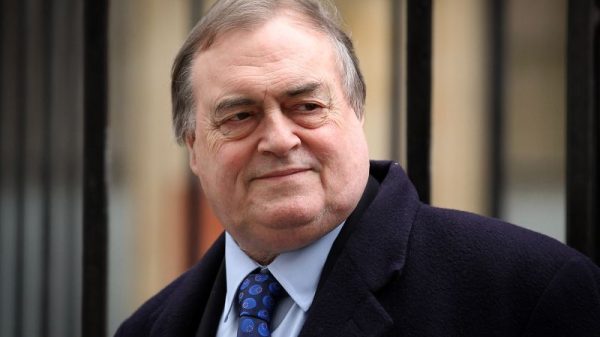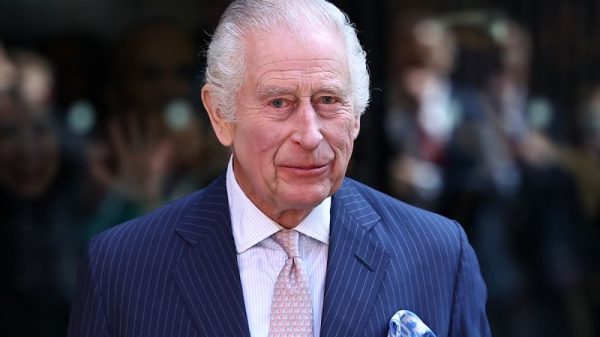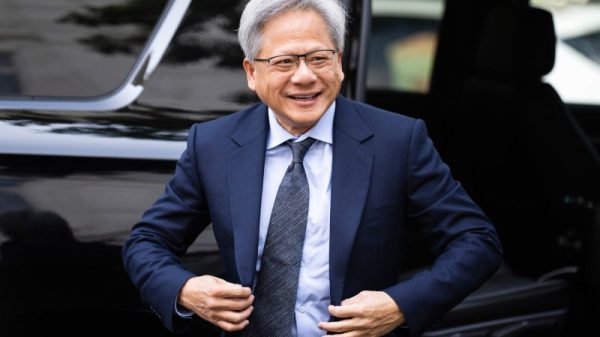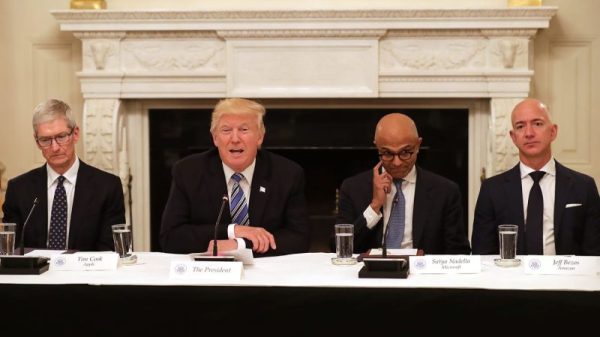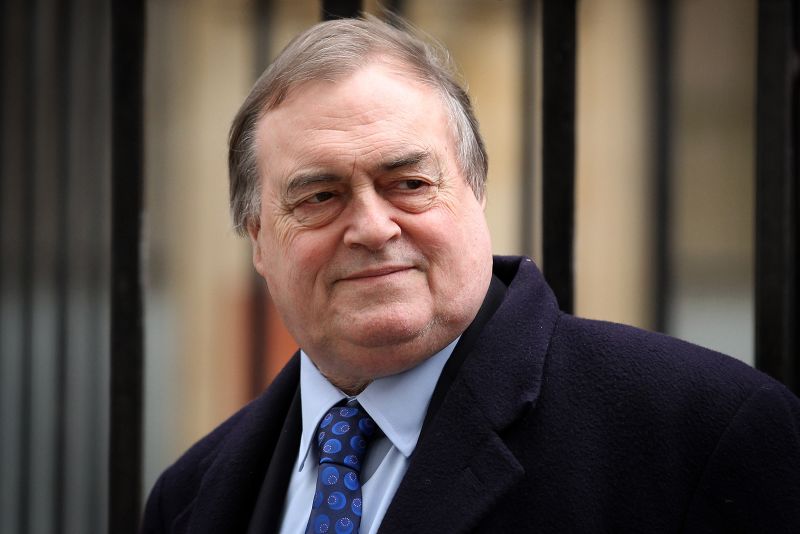In a poignant announcement that has jolted the political world, the family of John Prescott has reported the passing of the former UK Deputy Prime Minister. Born on 31 May 1938, Prescott held various roles in the UK government during his life, culminating in the position of Deputy Prime Minister under Tony Blair’s administration from 1997 to 2007.
Born to a railway signalman and a nurse in Prestatyn, Wales, and brought up in Brinsworth, John Prescott’s journey from a working-class background to the high echelons of politics was steered by his strong determination and an overwhelming spirit of servitude. His political consciousness was shaped by his father’s union activities and childhood experiences in austerity-stricken post-war England.
Prescott’s career life kicked off as a steward in the merchant navy, where he developed a passion for workers’ rights, culminating in joining the National Union of Seamen. The experience ignited his interest in politics, leading to his subsequent entry into the political scene through the Labour Party. His powerful oratory skills and fierce commitment to the causes he believed in, quickly earned him a notable space within the organization.
In 1970, Prescott was elected as a Member of Parliament for Kingston upon Hull East, a position he held until 2010 before handing over to his son, David Prescott. Throughout his time as an MP, he used his platform to champion worker’s rights and social justice, becoming a stalwart leader and inspiring figure within the Labour Party.
Perhaps Prescott’s most remarkable achievement was being appointed as the Deputy Prime Minister in 1997 when Tony Blair led the Labour Party to victory. Effectively serving as Blair’s right-hand man, John Prescott was instrumental in shifting the Labour Party towards the center-left and driving through reforms that improved service delivery, particularly within the health and education sectors.
Over the span of his decade-long role as deputy PM, Prescott also held multiple other significant portfolios, including The Secretary of State for the Environment, Transport and the Regions. In this role, he stamped his intelligent and resolute leadership over critical areas, bringing in measures that addressed environmental concerns and urban regeneration.
Decidedly robust, forthright, and unafraid of controversy, Prescott was not without his fair share of criticism and scandal. However, his leadership, personalities, and contributions remain distinctly crucial in the shape of modern British politics.
In retirement, Prescott continued to contribute to public life, notably through his appointment to the House







